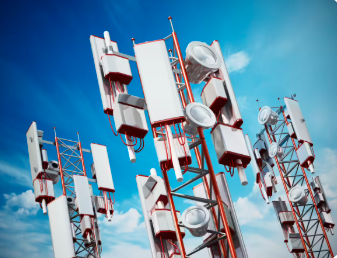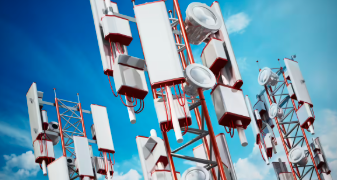
Vodacom Group and Airtel Africa have formed a groundbreaking strategic agreement to share infrastructure in several key markets, including Mozambique, Tanzania, and the Democratic Republic of Congo (DRC). Pending regulatory approvals in each country, this partnership aims to enhance digital inclusion and improve access to reliable connectivity across Africa.
This collaboration’s initial focus is on sharing fibre networks and tower infrastructure to speed up the deployment of digital services in these regions. This initiative aims to enhance user connectivity while reducing operators’ infrastructure costs, thereby improving the speed of service delivery.
Through this partnership, Vodacom and Airtel Africa aim to enhance connectivity, provide faster internet speeds, and deliver more reliable services by leveraging their existing resources. They aim to improve customer experiences and expand access to digital services, particularly for underserved communities, thereby addressing the digital divide.
Shameel Joosub, CEO of Vodacom Group, emphasised the importance of providing connectivity to empower people. He stated, “Our collaboration with Airtel Africa is a significant step towards creating a sustainable, inclusive, and connected digital future for the continent.” He also noted that this infrastructure sharing approach allows cost-effective service delivery to a larger population without leaving anyone behind in the digital era.
Joosub highlighted their ambition to connect 260 million customers by 2030, stressing that scalable and cost-efficient network solutions are increasingly vital. “This partnership allows us to narrow the digital divide, empowering individuals and communities through digitalisation across the continent,” he added.
Sunil Taldar, CEO of Airtel Africa, resonated with Joosub’s vision, stating that the partnership aligns with their commitment to ensuring customers’ access to networks, even in the most remote areas. “By collaborating with Vodacom, we will broaden access to digital and financial opportunities, transforming the lives of our customers while adhering to all necessary regulatory requirements,” Taldar explained.
He further noted that it has become essential for competitors to work together to provide the critical infrastructure needed for robust networks that can support emerging digital technologies and the increasing demand for data-driven products and services.
Taldar pointed out that fast-tracking the deployment of fibre connectivity is crucial for advancing 4G and 5G adoption in Africa, allowing for the high-speed, low-latency connections required for contemporary digital applications. “This partnership opens up new avenues for both operators to enhance network performance, broaden coverage, and expand mobile, fixed, and financial services across the continent,” he concluded.


















